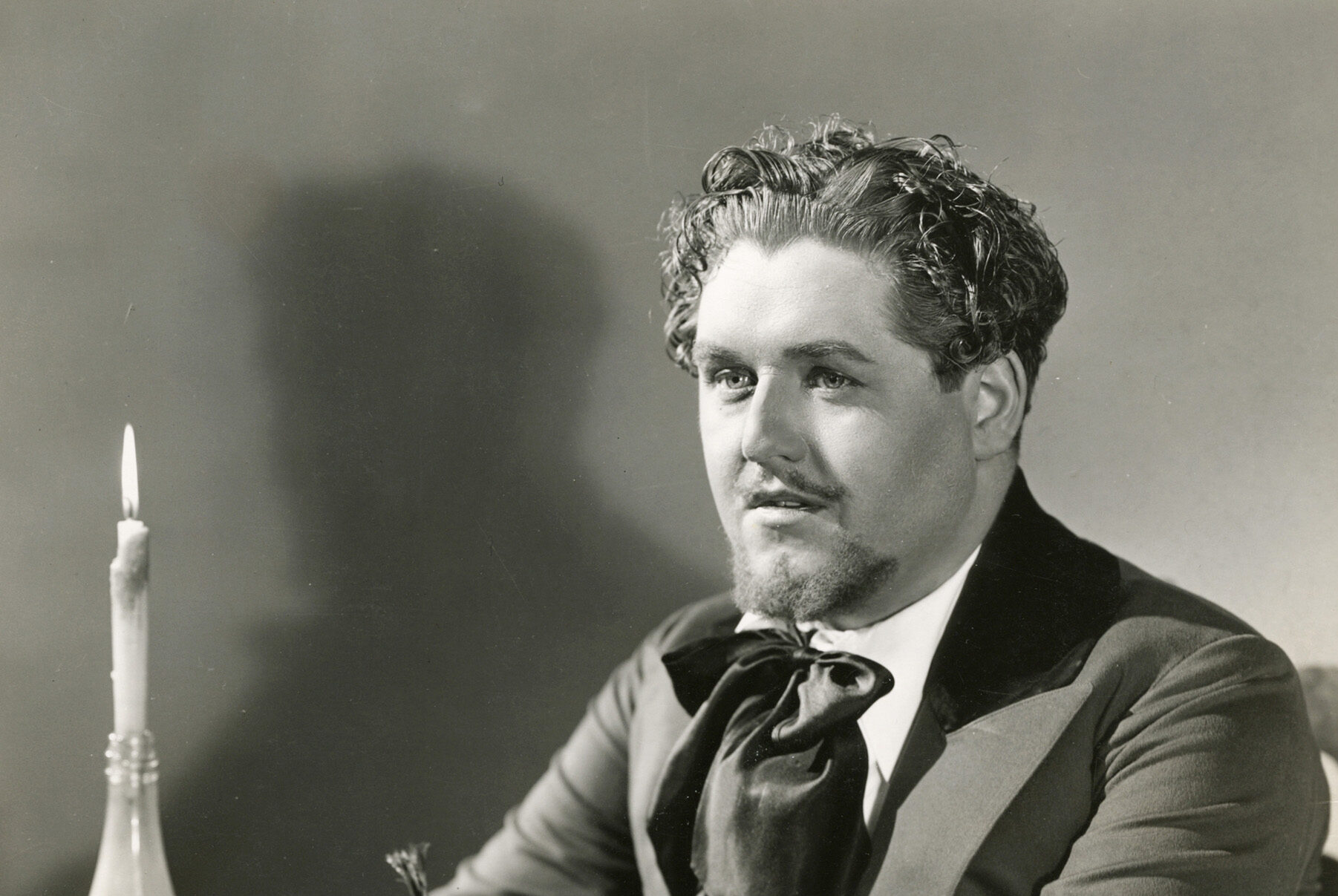
On this day in 1975, the Metropolitan Opera introduced a new production of Il trittico.
Alan Rich in New York:
Common practice is to rank “Gianni Schicchi” as the best of the three one-act operas that make up Puccini’s “II Trittico” and the inventive wit and charm of this elegant, well-made work cannot be denied. But the Met’s new production of all three pieces is especially valuable for its revelation of the high qualities in “II Tabarro.”
In no other Puccini is there such immaculate control of time, so keen a blending of tense dramatic action and smaller moments used to set off and enhance that action. As director Fabrizio Melano moves his people around David Reppa’s handsome, realistic set, the tawdry little drama of the barge keeper and his errant wife becomes unbearably intense, its resolution genuinely shattering. Not a movement, not a shred of incidental atmosphere, detracts from the onrush of the action.
Overall, the Met has done well by all three works. “Suor Angelica,” of course, is hopeless, not only for its embarrassing quotient of febrile sentimentality but more for the lack of music that might make that sentiment attractive. If the work must be done, better to do it as Melano has conceived it: staged, for the most part, with so little extraneous movement that it almost resembles a pictorial oratorio, and with the final “miracle” left to the viewer’s imagination.
Significantly, the entire evening is an “in-house” creation, designed and directed by members of the Met’s resident staff and conducted by Sixten Ehrling, who is also one of the company’s workmen. All in all, the venture has been successful, most of all in revealing the superior intelligence of the company’s steady employees. Ehrling’s conducting may lack the wit that others have brought to “Schicchi,” but his pacing of the other two works, the cumulative power of “Tabarro” and the quiet, simple unfolding of “Angelica” are among the best things he has done in the house. Among the cast, Cornell MacNeil was outstanding as the husband in “Tabarro,” although less appealing as “Schicchi;” Gilda Cruz-Romo was a splendid Angelica except in the few moments when her loud singing became somewhat forced; Evelyn Mandac, the one new voice, was a lovely if occasionally inaudible Lauretta in “Schicchi;” Harry Theyard and Teresa Kubiak were a powerful pair of lovers in “Tabarro;” and Lili Chookasian worked in all three operas with gusto.
Born on this day in 1915 singer Edith Piaf.
Born on this day composers Giuseppe Giordani (1751) and Walter Braunfels (1882); conductor Fritz Reiner (1888); soprano and Glyndebourne founder Audrey Mildmay (1900); soprano Dusolina Giannini (1902) and baritone Sanford Sylvan (1953).
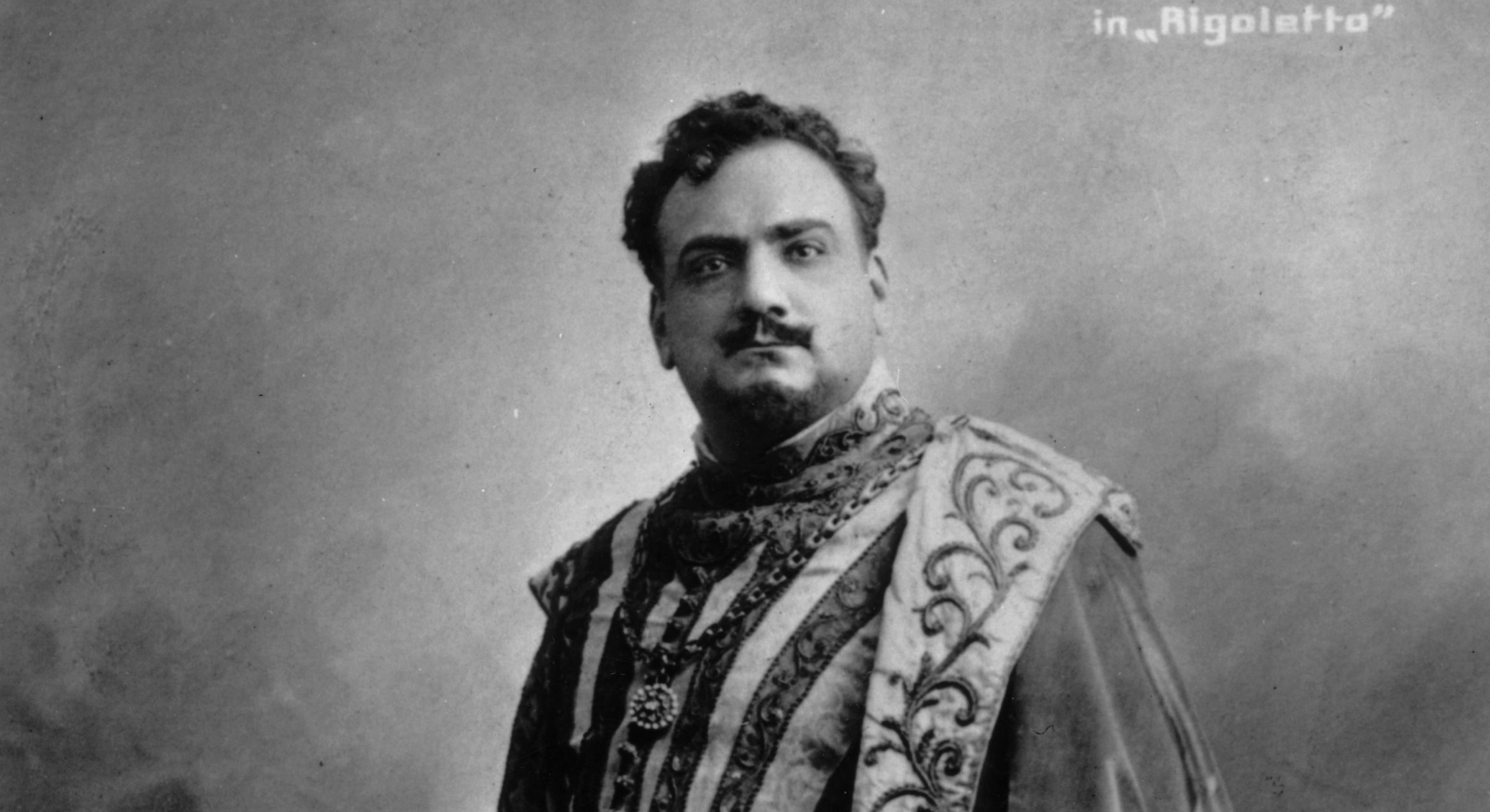
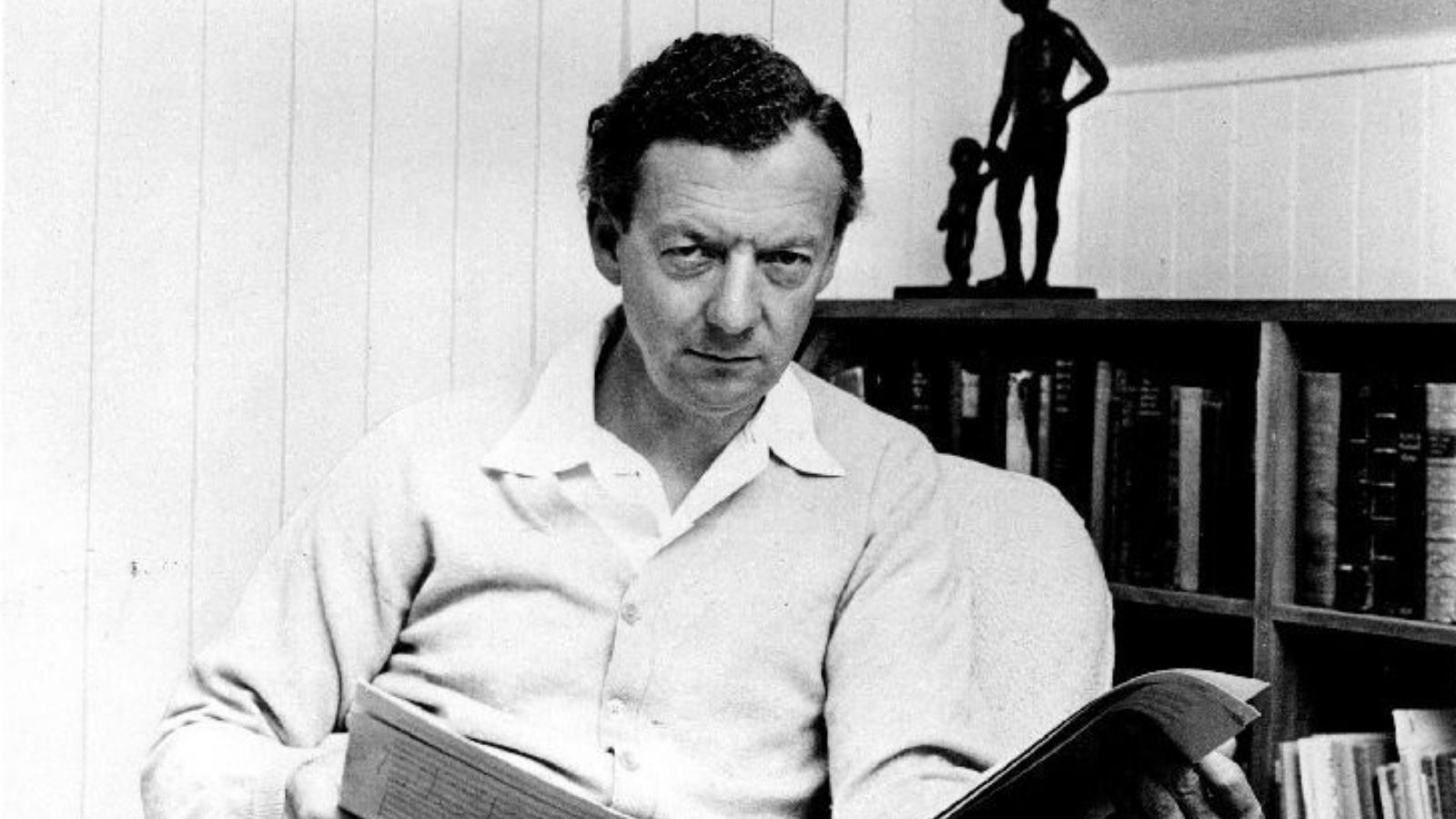
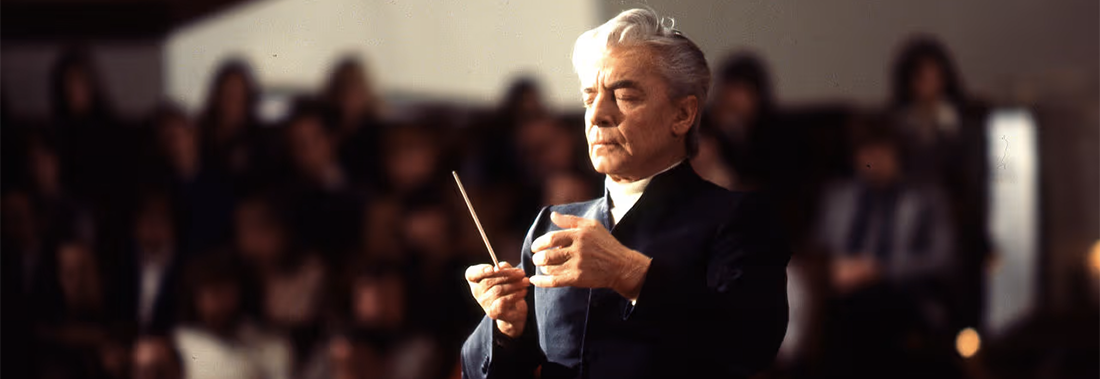
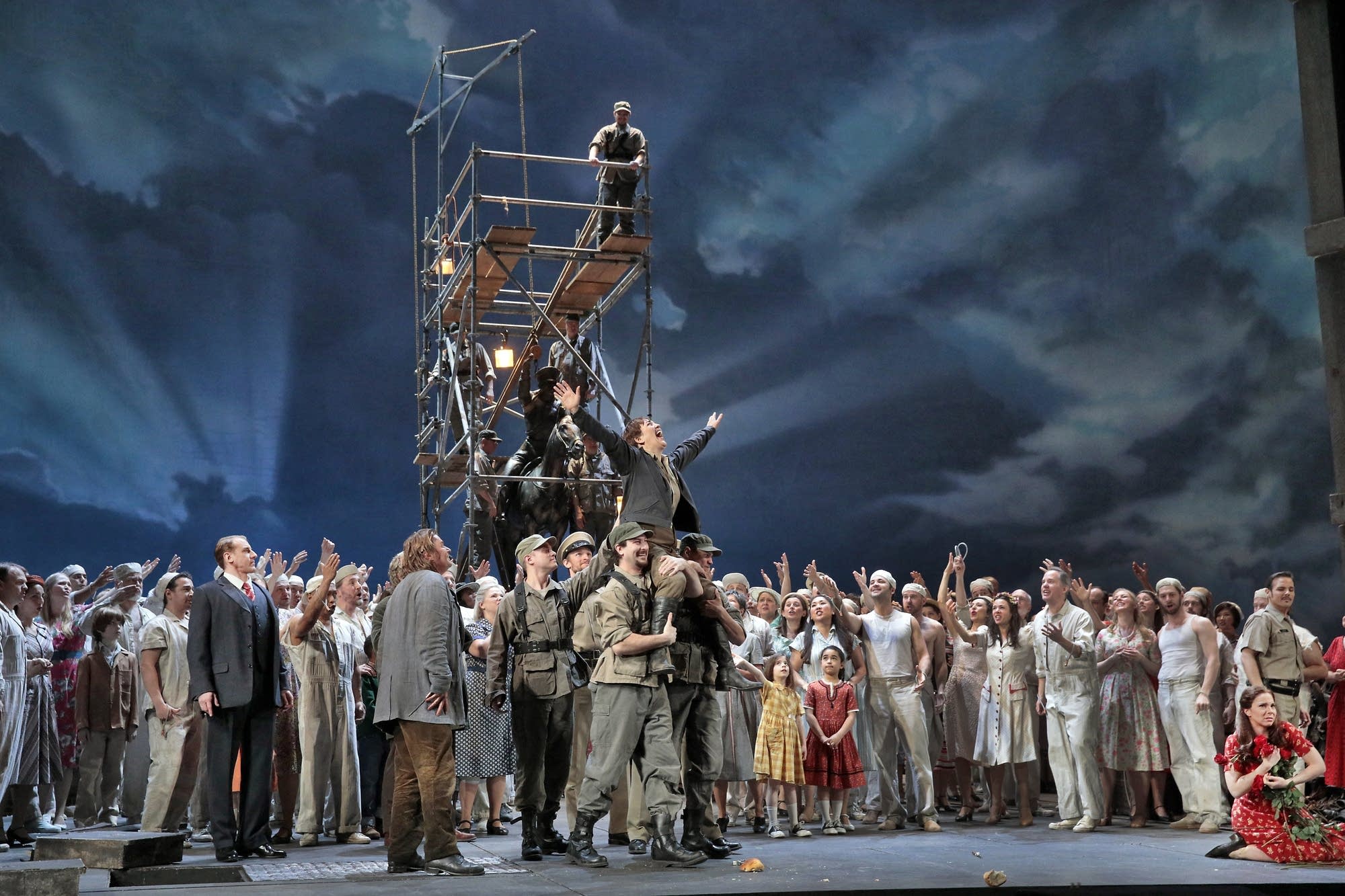
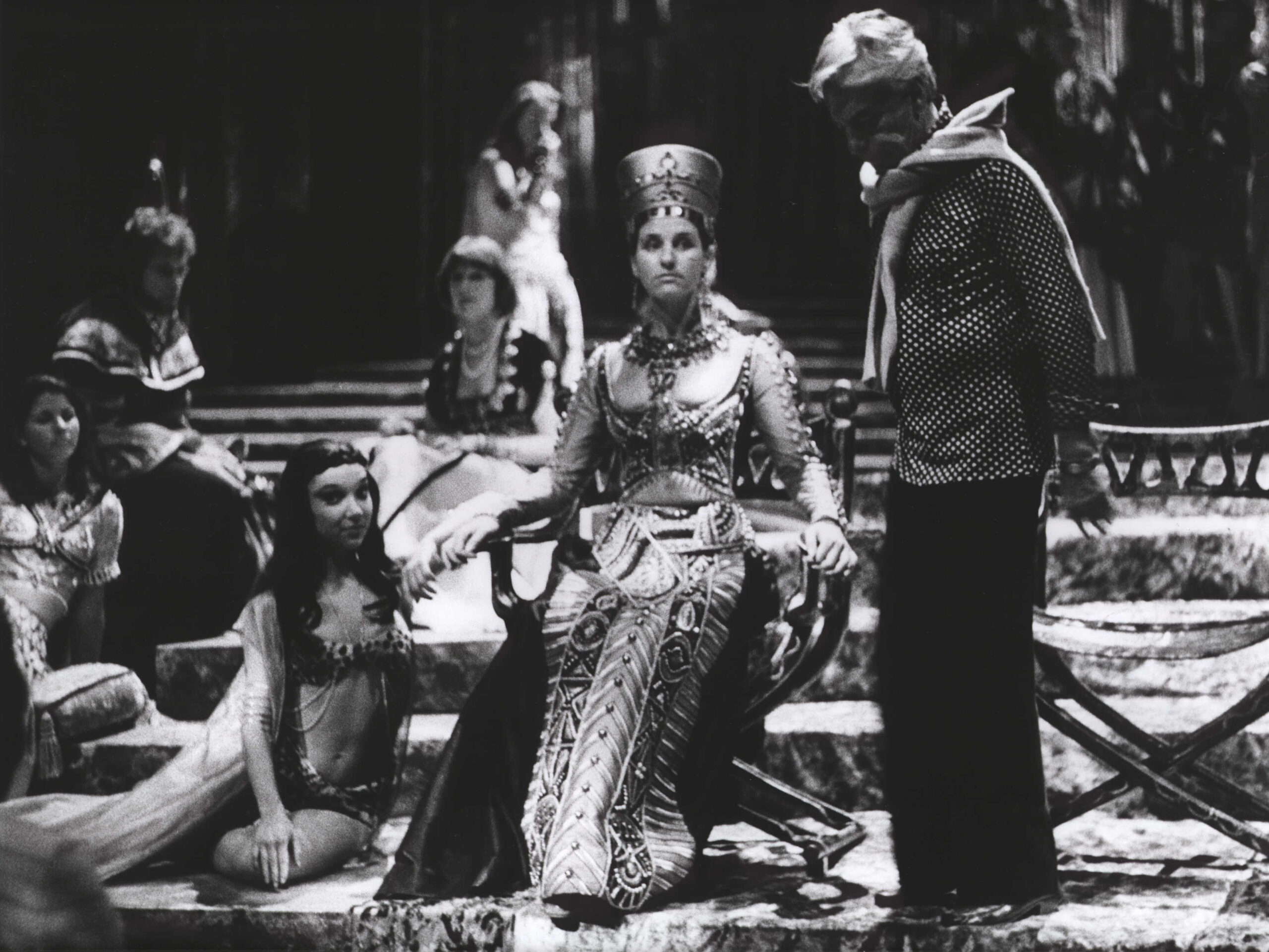
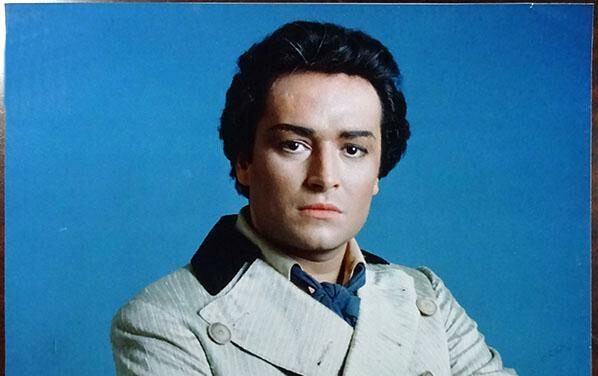
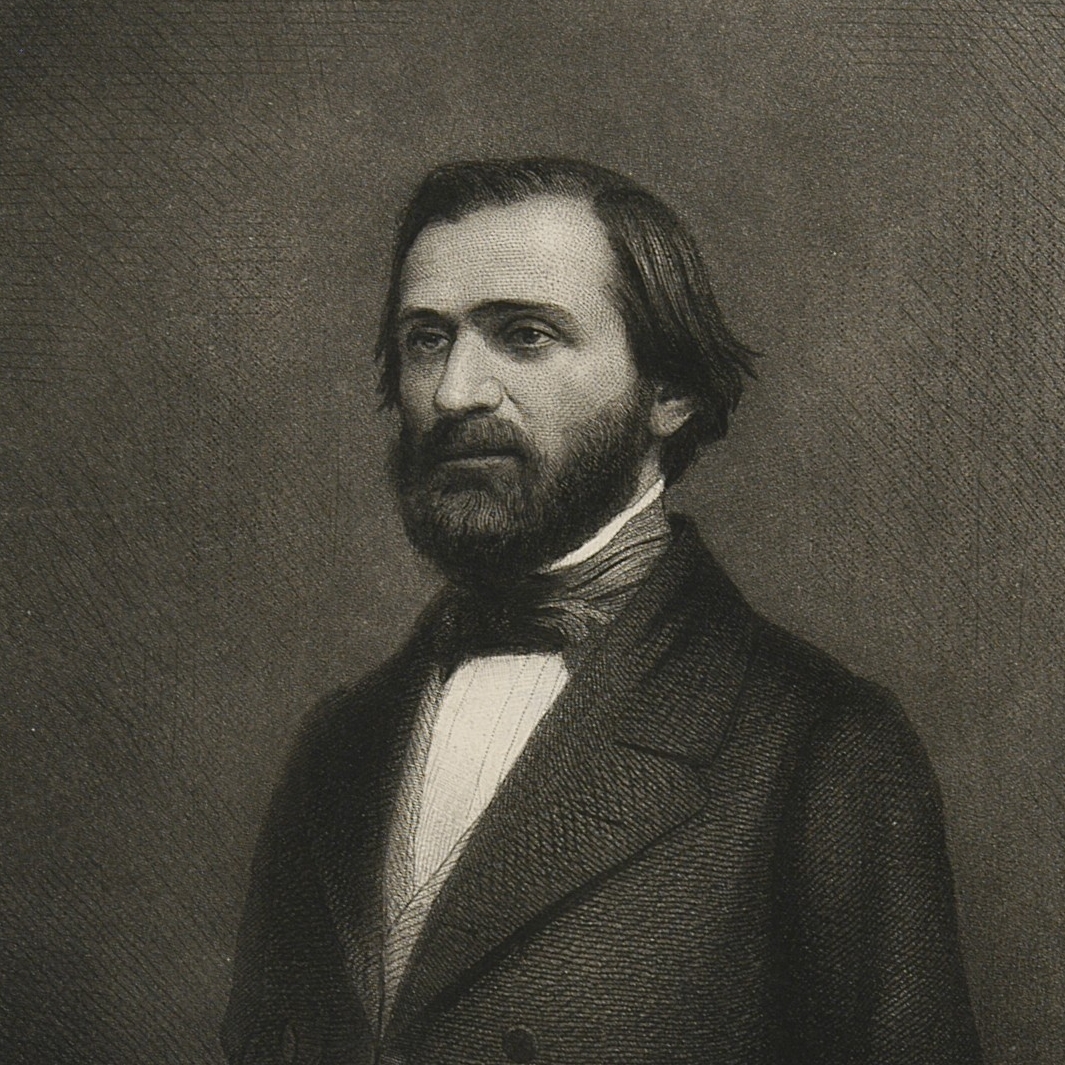
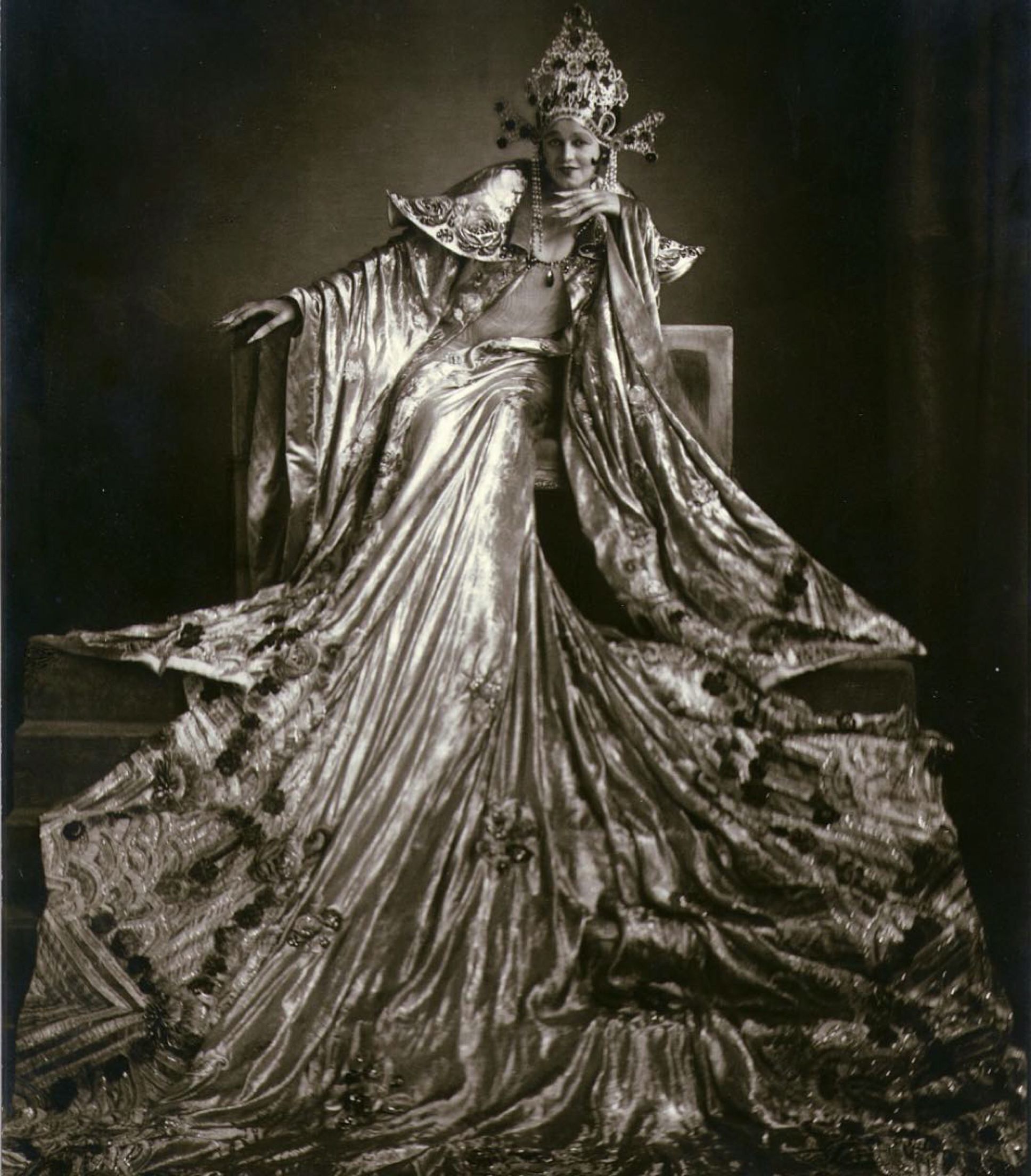
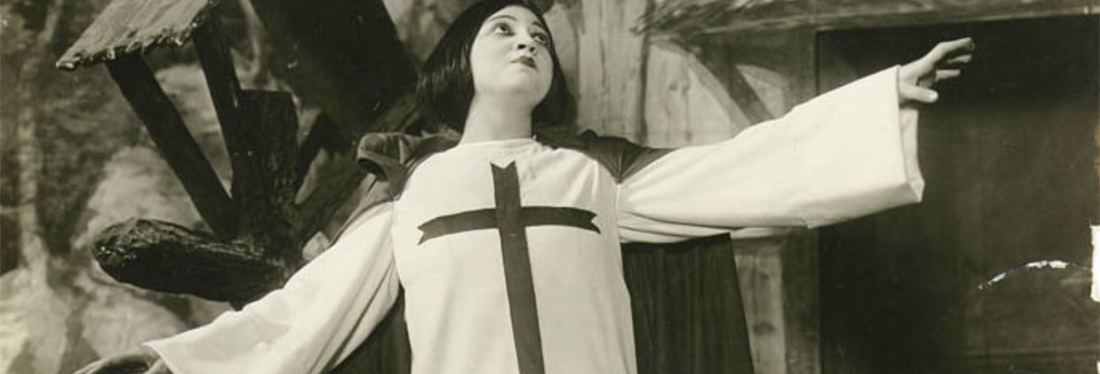
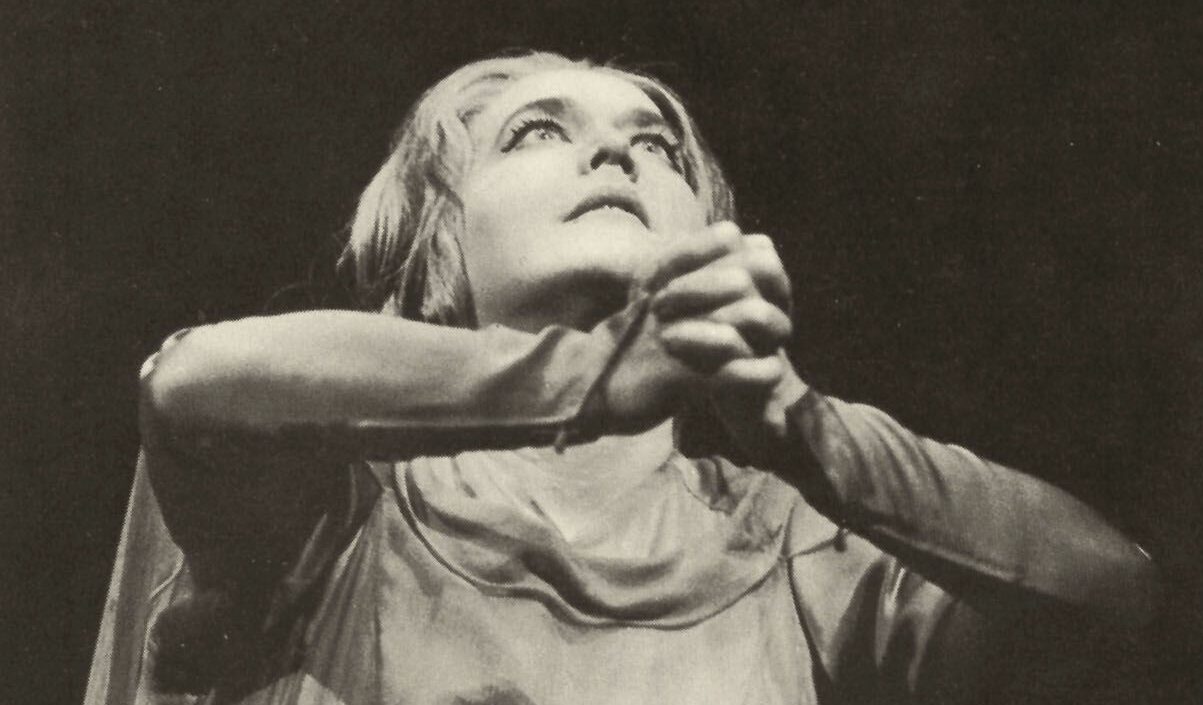
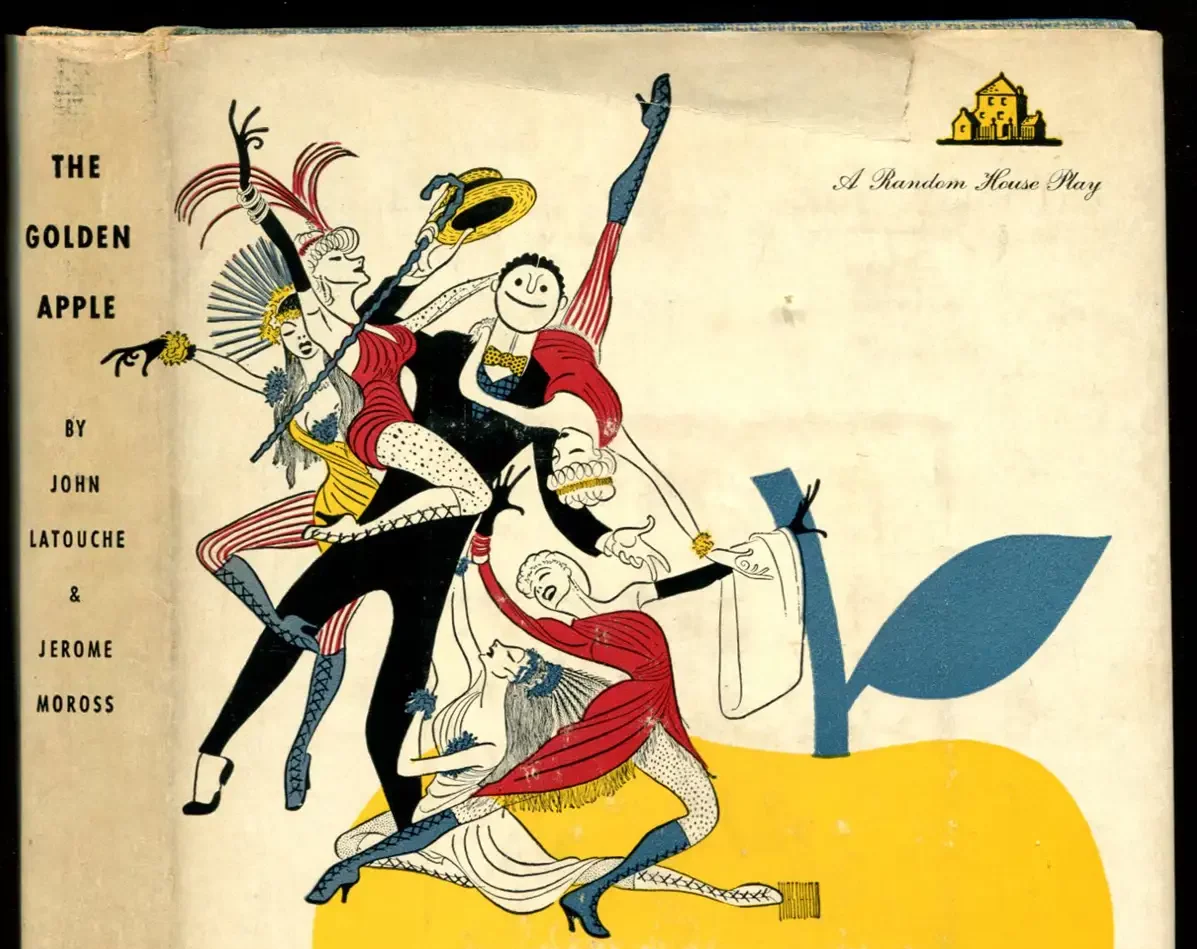
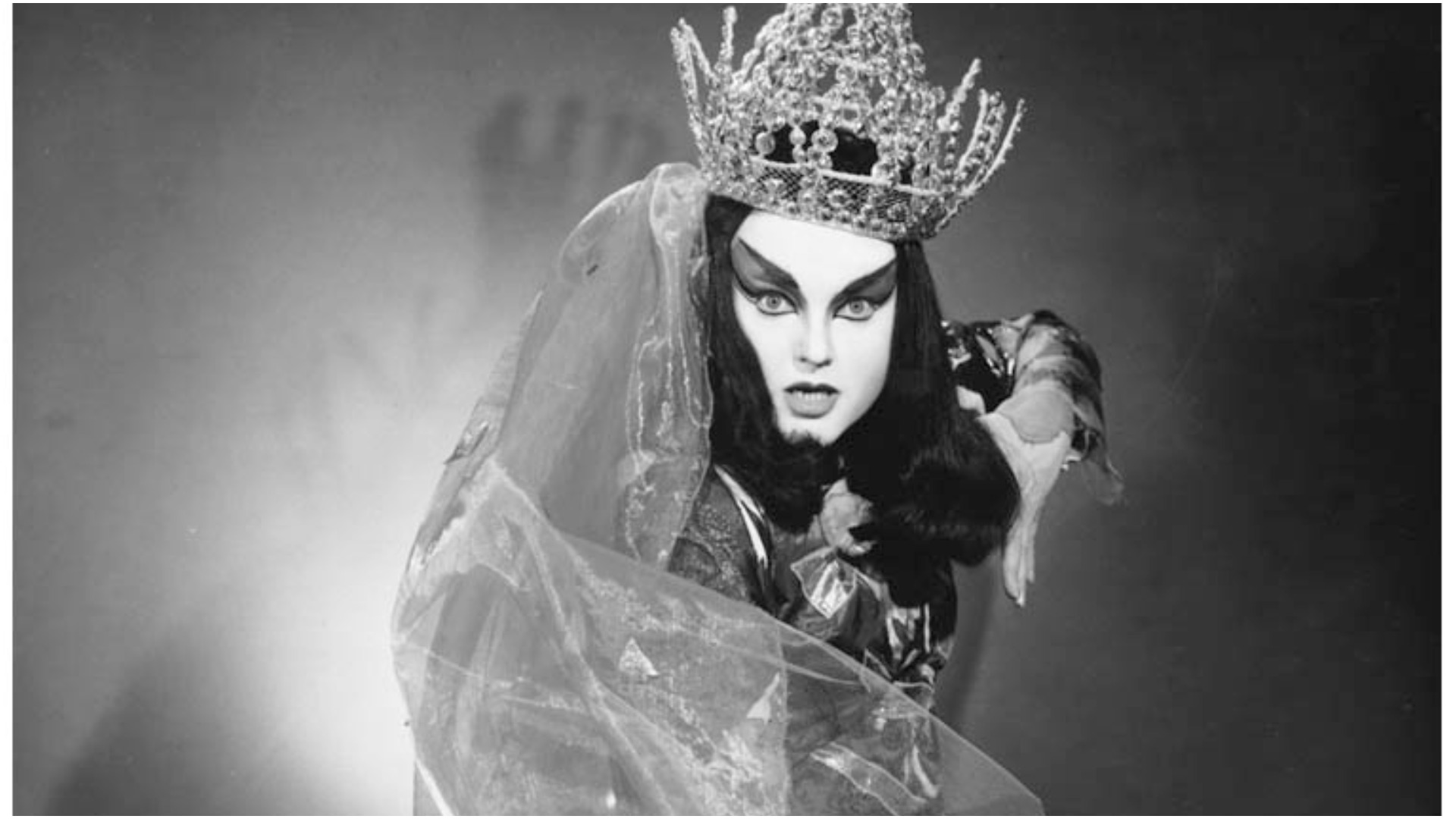
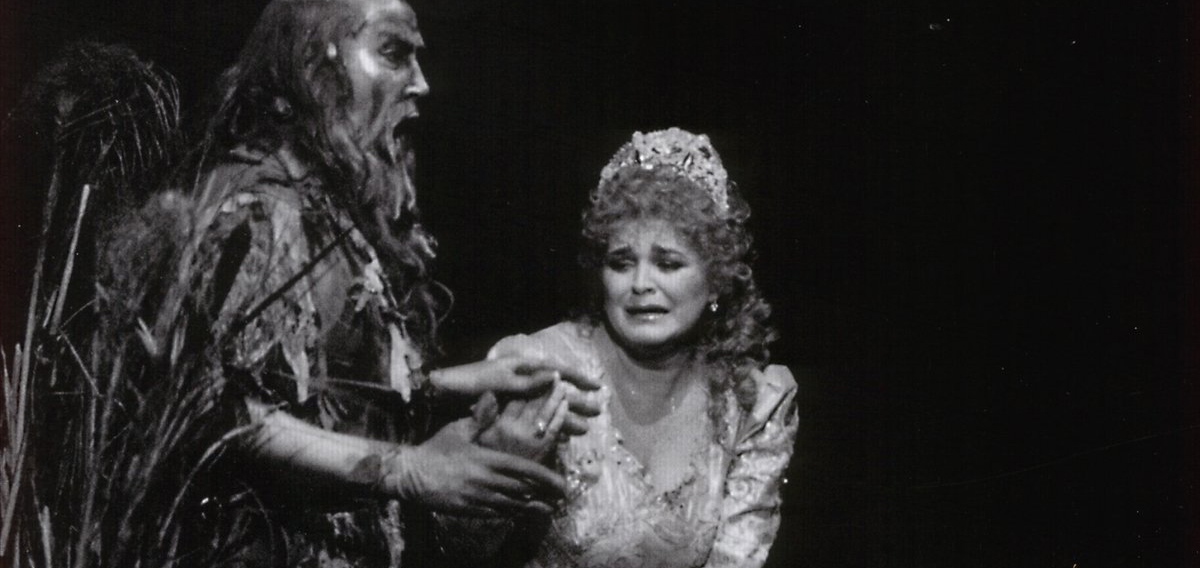
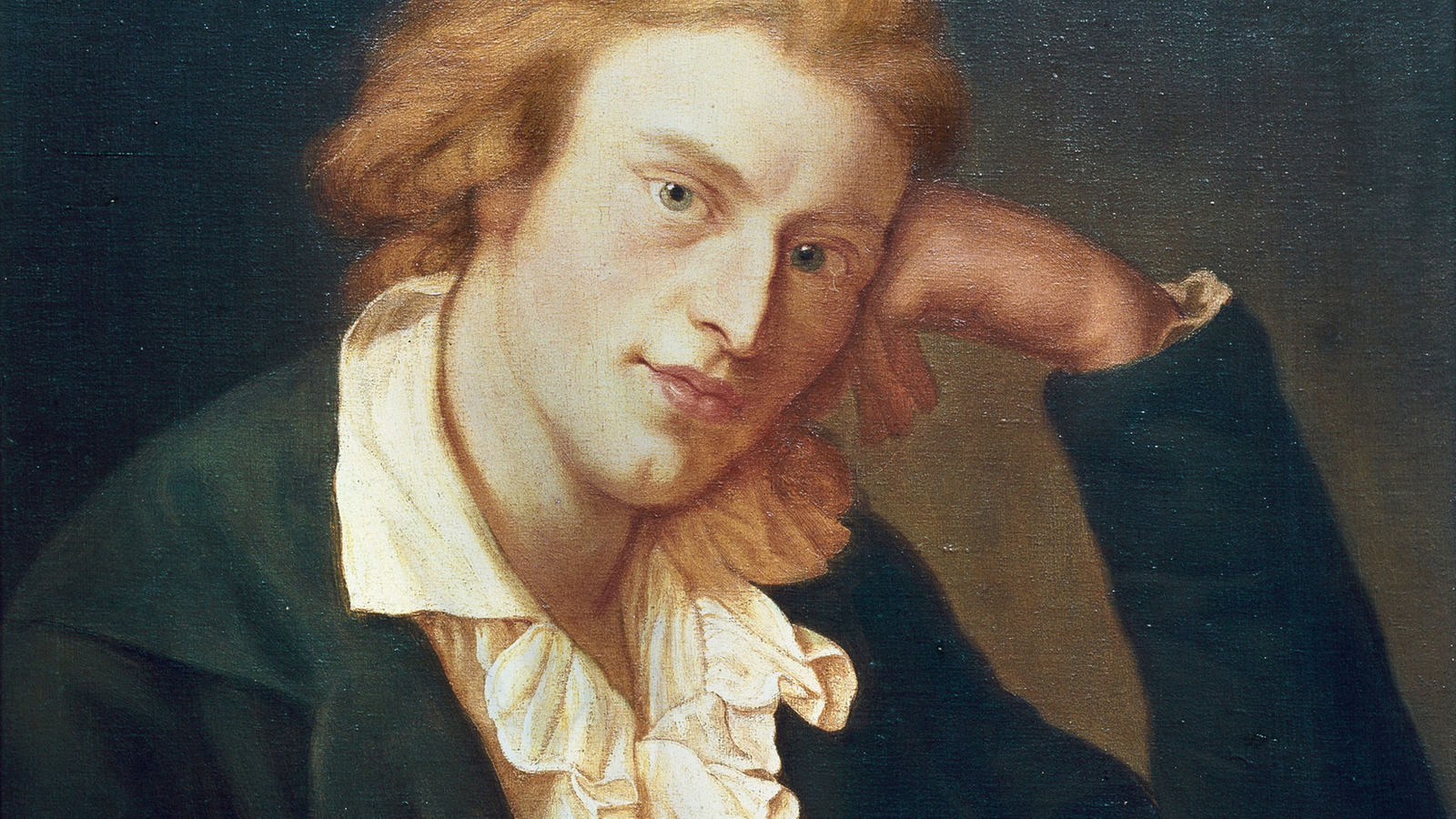

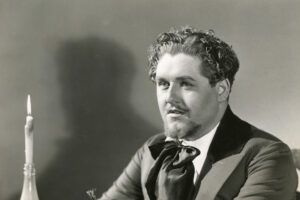



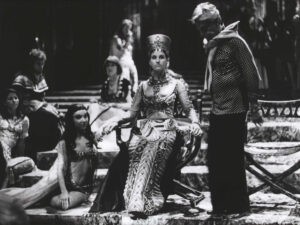
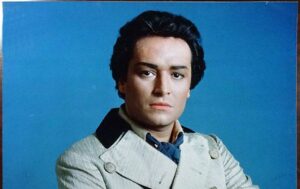





Comments